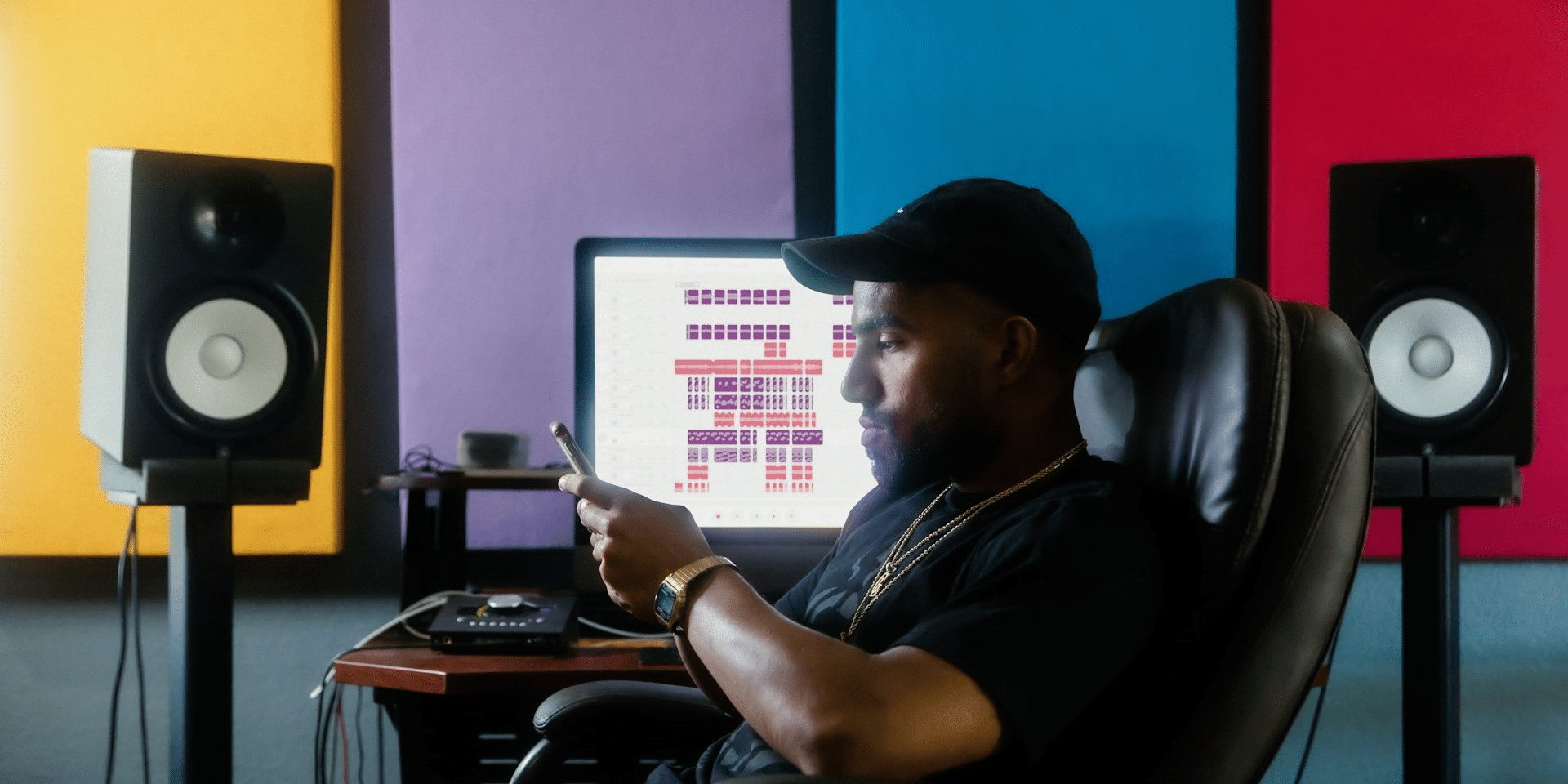Have you ever wondered why some artists choose to re-release different versions of the same song? It’s a common practice in the music industry, and there are several reasons behind it. In this article, we’ll explore why artists re-release different versions of their songs and the impact it can have on their careers.
Song Re-Releases
Re-releasing different versions of a song involves putting out new versions of the same track, often with alterations to the arrangement, production, or featured artists. This can include remixes, acoustic versions, live recordings, or collaborations with other musicians. While some fans might question the need for multiple versions of the same song, there are actually several strategic reasons why artists choose to do this.
Reaching New Audiences
One of the primary motivations behind re-releasing different versions of a song is to reach new audiences. By collaborating with other artists or releasing remixes in different genres, artists can attract listeners who might not have been interested in the original version of the song. For example, a pop artist might collaborate with a hip-hop artist to create a remix that appeals to a different demographic, expanding their fan base and reaching new listeners who might discover their music for the first time.
Expanding Creative Expression
Re-releasing different versions of a song also allows artists to explore different creative avenues and showcase their versatility as musicians. By experimenting with different arrangements, styles, and production techniques, artists can breathe new life into their music and offer fans fresh perspectives on familiar songs. This can help keep their music relevant and engaging, appealing to both existing fans and new listeners who appreciate artistic experimentation and innovation.
Generating Buzz and Excitement
Another benefit of re-releasing different versions of a song is that it can generate buzz and excitement among fans. Remixes, acoustic versions, and live recordings often create anticipation and excitement, prompting fans to revisit the song and share their favorite versions with friends and followers on social media. This buzz can help increase the song’s visibility and exposure, leading to more streams, downloads, and sales, ultimately boosting the artist’s profile and career.
Capitalizing on Trends and Collaborations
Re-releasing different versions of a song can also be a strategic move to capitalize on trends and collaborations. For example, artists might release remixes featuring popular DJs or producers to tap into the electronic dance music (EDM) market, where remixes are highly sought after. Similarly, collaborations with trending artists or viral sensations can help generate interest and buzz around a song, increasing its chances of success on streaming platforms and radio airplay.
Meeting Contractual Obligations
In some cases, artists re-release different versions of a song to fulfill contractual obligations with their record labels or publishing companies. These contracts often require artists to deliver a certain number of songs or albums within a specified timeframe, and re-releasing different versions of existing songs can help meet these requirements without having to create entirely new material. While this might seem like a purely business-driven decision, artists can still use this opportunity to creatively reinterpret their songs and connect with fans in new ways.
Re-releases Are a Norm Today
In conclusion, re-releasing different versions of the same song is a common practice in the music industry with several strategic motivations behind it. Whether it’s reaching new audiences, expanding creative expression, generating buzz and excitement, capitalizing on trends and collaborations, or meeting contractual obligations, artists have many reasons to release multiple versions of their songs.
While some fans might prefer the original version, others appreciate the opportunity to explore different interpretations and arrangements of their favorite tracks. Ultimately, re-releasing different versions of a song allows artists to connect with fans, stay relevant in a rapidly changing industry, and continue pushing the boundaries of their creativity.
















